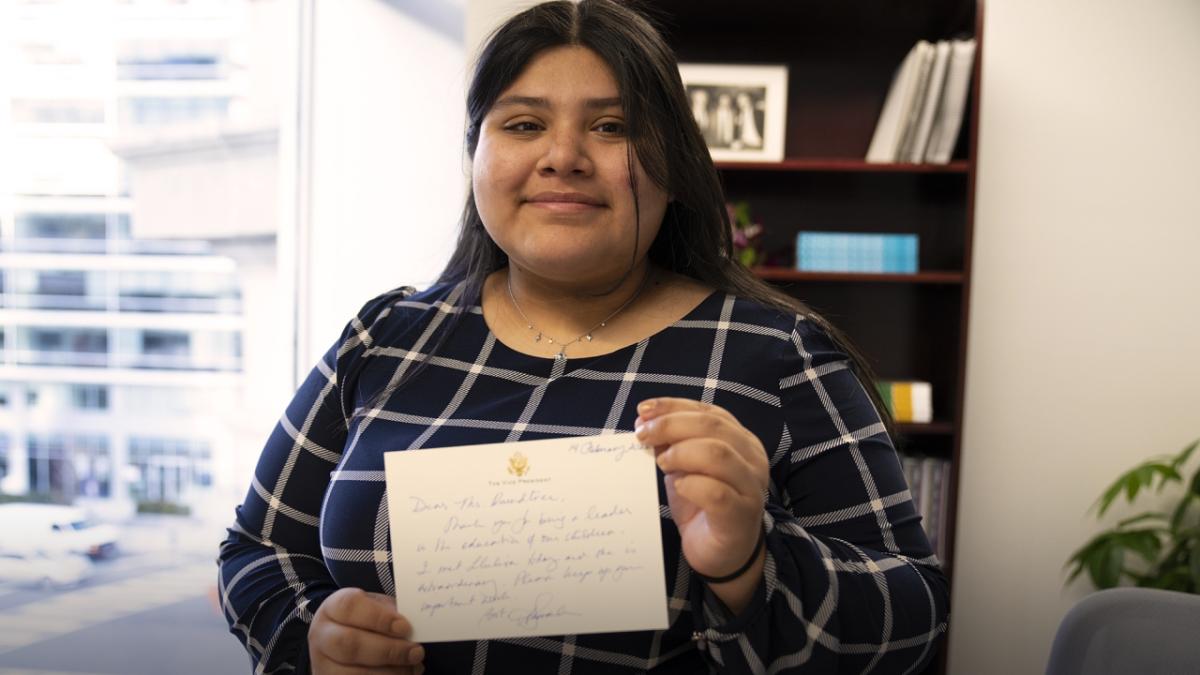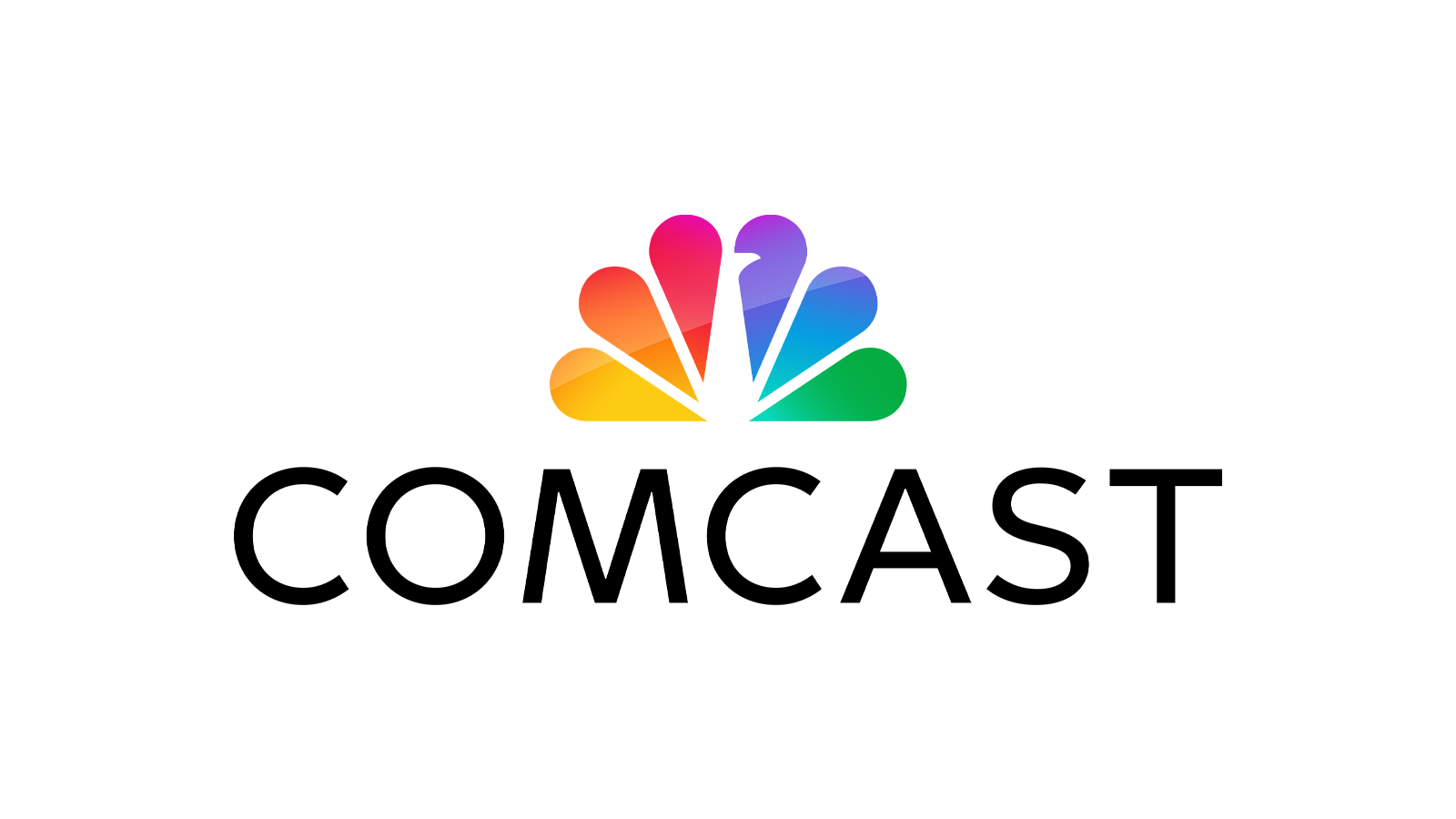Millions Get Connected and Close the Homework Gap When We All Work Together
By Broderick Johnson
Yesterday at the White House, the world got to meet two incredible people who show the success that can be achieved toward digital equity and closing the homework gap when trusted community partners, business, and government support work together. Mayra and her daughter Llulisa are Internet Essentials customers and now benefit from the Affordable Connectivity Program (ACP), an early success of the historic bipartisan infrastructure law passed late last year. They are among 10 million families that are using the program in just a few short months, a milestone the White House announced.
Prior to the pandemic, the family, like many others, didn’t have a home Internet connection. They hadn’t needed it to attend school, but that changed very quickly. Llulisa spoke of the power of the Internet to connect her to resources that helped her complete her homework and apply to colleges online. She just got accepted to her first choice for college and is on track to be the first person in her family to attend college. Llulisa is planning on being an immigration lawyer one day. And her younger sister sees Llulisa as a role model and wants to follow in her footsteps, as Llulisa said today, “I’ll be the first person in my family to attend college, but not the last.” Talk about achieving unlimited possibilities!
It’s stories like these that reinforce the critical work which continues to get more people connected to the Internet across the country to bring about digital equity. The ACP has removed one of the barriers that keeps many from being connected – by essentially making broadband free for most low-income families. But we know that broadband adoption is a complex issue, as was recently noted in an op-ed by Regina A. Hairston, President and CEO of the African American Chamber of Commerce of Pennsylvania, Delaware and New Jersey:
[S]ome of our unconnected neighbors may still be reluctant to subscribe to home broadband services, for reasons that are all too familiar to those of us who have promoted vaccinations, voter registration, and other civic participation campaigns. The data about broadband adoption confirms what community leaders already understand: Distrust of large institutions, language barriers, and poor digital skills combine to discourage eligible families from signing up. According to a 2021 national study from Pew Research Center, 71% of unconnected adults say they just aren’t interested in having high-speed internet at home.
At Comcast, we’ve been working intensely on these issues for over a decade. We’ve worked to lead the way with our Internet Essentials program, which has connected a cumulative 10 million people to the Internet since 2011. Through our Project UP, backed by a $1 billion commitment, our goal is to reach 50 million Americans over the next decade with connectivity and broadband adoption programs. Through greater broadband adoption, we can fulfill the dreams like Llulisa’s that true digital equity can bring.
It is vital to recognize these challenges can’t be solved without the commitments of the private sector working in cooperation and partnership with government and community organizations. For example, The Council for Opportunity in Education (COE) is our partner in the “Build Your Own Future with STEAM” initiative. COE works with federal TRIO programs including one through Upward Bound at the University of Pennsylvania. Llulisa has participated in this program since her freshman year of high school, and through it, found the college she plans to attend. This partnership is a great model for how the combination of community programs, federal support and Internet Essentials can work together to help the next generation.
We applaud the incredible work of FCC Chairwoman Jessica Rosenworcel and her fellow commissioners for their efforts to successfully implement the ACP program at the FCC, and the leadership of Vice President Kamala Harris and White House Senior Advisor for Infrastructure Mitch Landrieu. All of us at Comcast stand ready to continue to work with government leaders to implement programs like ACP. Through programs like our own Internet Essentials, we can close the homework gap, make economic mobility a reality, expand the benefits of telehealth, and achieve true digital equity.
Broderick Johnson is Executive Vice President, Public Policy and Executive Vice President, Digital Equity at Comcast Corporation.



